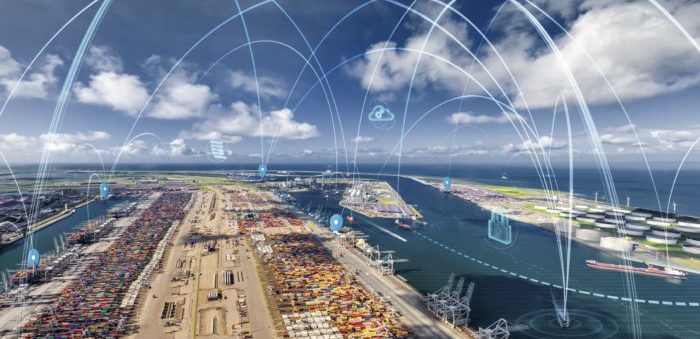ONE, Ocean Network Express the container shipping company, has been using the Call Optimisation platform, Pronto, in which the Port of Rotterdam is a shareholder, so that its vessels arrive at the port in time and not having to wait, as this would result to time and money loss for the company.
[The Pronto Application, provided to the market through PortXchange, was launched in 2018 and will reduce ships’ waiting time by an average of 20% and will also contribute to the reduction of CO2 emissions in the port.]
The team of Robin de Puij, Head of Operations is responsible for the local monitoring of ONE vessels in the Port of Rotterdam and the contact with the terminals. Given that ONE has about 350 calls annually in Rotterdam, about one vessel per day calls the port.
Therefore, De Puji commented
We were searching for a platform that would enable us to better monitor, analyse and optimise the approach to and handling of our vessels in the Port of Rotterdam.
He added that Pronto helps the company be aware of the waiting times for the vessels, so that they don’t wait and are not being moored as this would result to loss of money.
Sometimes you sail too quickly, so you reach the next port too early and need to anchor. This results in waiting times as well as in unnecessarily high fuel consumption. That’s why we want to know in advance how much time we have until the next port.
[smlsubform prepend=”GET THE SAFETY4SEA IN YOUR INBOX!” showname=false emailtxt=”” emailholder=”Enter your email address” showsubmit=true submittxt=”Submit” jsthanks=false thankyou=”Thank you for subscribing to our mailing list”]
Moreover, the shipping company can use the application to monitor, measure and analyse operations in the port. This will enable vessels to be fully in line with their sailing schedule and also reduce the time between the end of operations at the terminal and the departure of the vessel.
In the meantime, Pronto decreases bunker delays concerning container vessels, as it did in early 2019, when it decreased the delay that Maersk vessels had to experience at APM Terminals at Maasvlakte II, due to bunker activities.































































